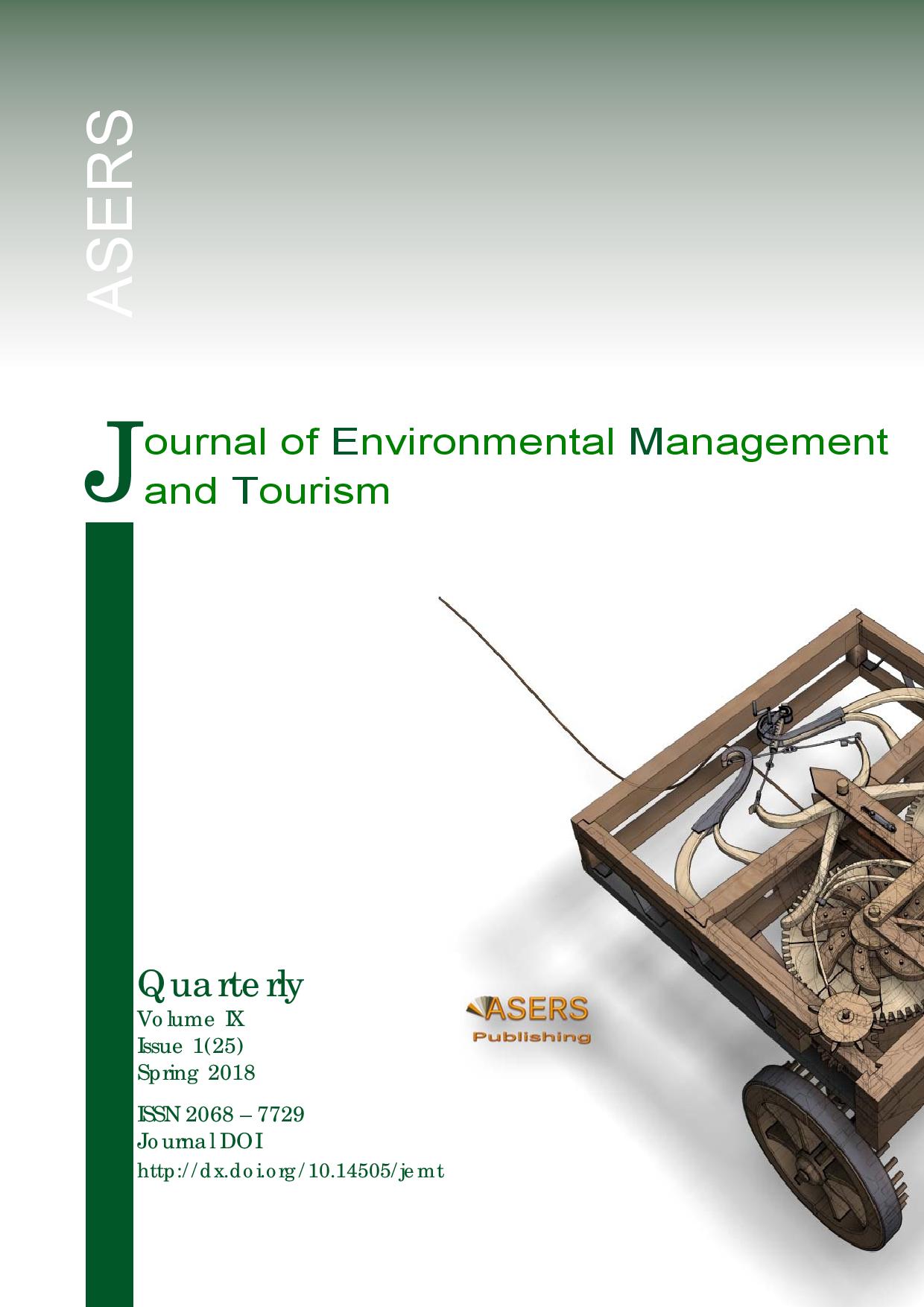Conflict of Altruists and Egoists: New Paradigm for Environmental and Social Sciences
Conflict of Altruists and Egoists: New Paradigm for Environmental and Social Sciences
Author(s): Victor A. Svetlov, Nikolai M. SIDOROV, Anatoly G. EgorovSubject(s): Economy
Published by: ASERS Publishing
Keywords: conflict; evolution; co-evolution; altruist; egoist; natural selection; sexual reproduction and selection; game theory
Summary/Abstract: The study of the interconnection between genetic and cultural evolution, often called dual inheritance theory, became a dominant problem for scientists working at the intersection of environmental and social sciences in the second half of the 20th century. At the same time, the philosophical and methodological aspects of the new ecological and social paradigm of research are still uncertain. Below is justified the view that the missing part of the new paradigm should be a theory of conflict. Since C. Darwin, the driving cause of the evolution of living organisms was seen in the instinct of self-preservation (selfishness). The purpose of natural selection was conceived as an improvement in the degree of fitness of an individual organism and indirectly in te species as a whole. However, P.A. Kropotkin in the work "Mutual Assistance as a Factor of Evolution" drew attention to the fact that altruism and the cooperation of organisms are no less important for their survival than egoism. R. Dawkins in thework "The Selfish Gene", which became a bestseller, made the general discovery of evolutionists geneticists - the conflict of altruists and egoists is already embedded in the genetic program of the evolution of all organisms. R. Travers has proved that sexual reproduction and selection are also based on the conflict of egoists and altruists. The creation of the evolutionary theory of games by J. Smith allowed to generalize the rivalry of egoists and altruists to a strategic level and to understand why onlyin competition with each other these behavior programs ensure the stability of the entire population. The principle of the "RedQueen" of the L. Van Valen justifies the necessity and sufficiency of antagonism as the eternal driver of the "evolutionary arms race". Finally, the "Tragedy of Communities" of G. Hardin explains the evolutionary defectiveness of egoism and altruism as the only motives for social development. Combining all the above discoveries, we conclude that the theory of co-evolution cannot be built neither on the only Darwinian principles of survival of the fittest, or on their sociocultural reinterpretation. We need a new paradigm that openly recognizes the conflict of egoists and altruists as the main cause of co-evolution at all levels of the organization of living matter.
Journal: Journal of Environmental Management and Tourism (JEMT)
- Issue Year: IX/2018
- Issue No: 01 (25)
- Page Range: 46-52
- Page Count: 7
- Language: English
- Content File-PDF

